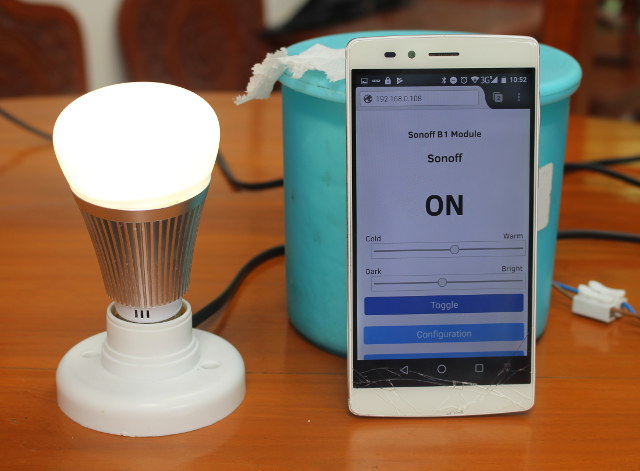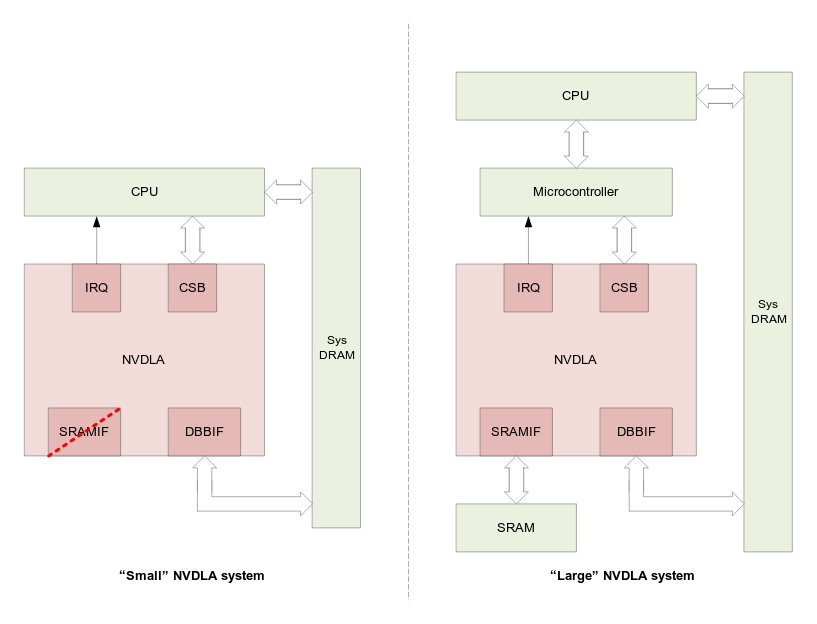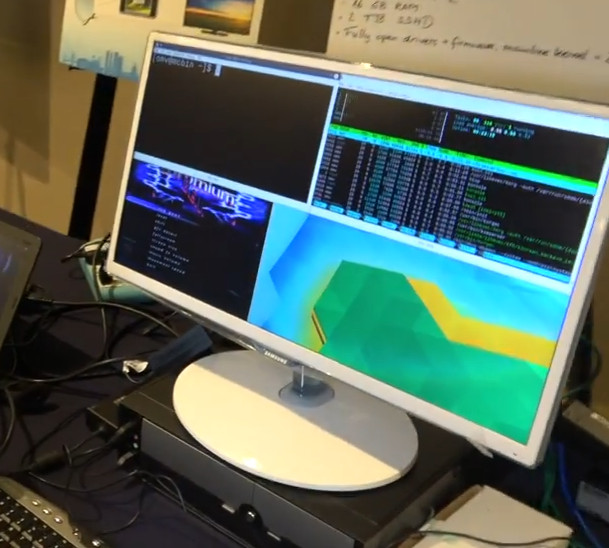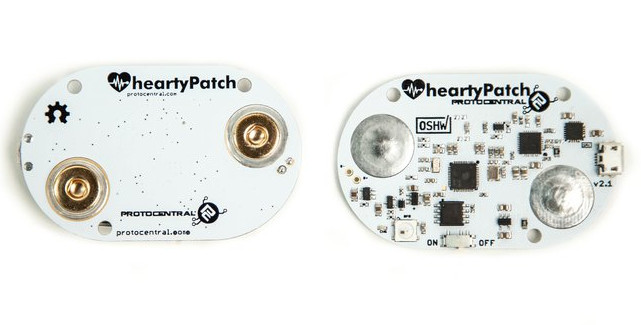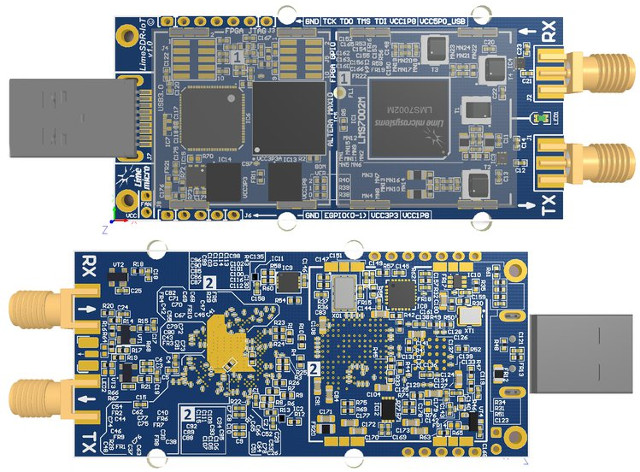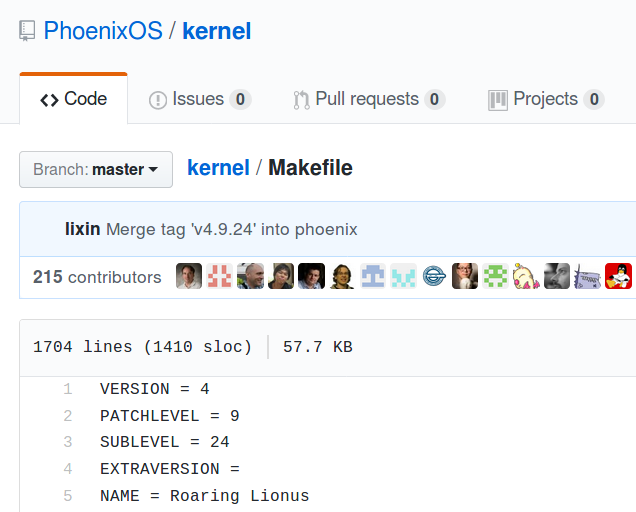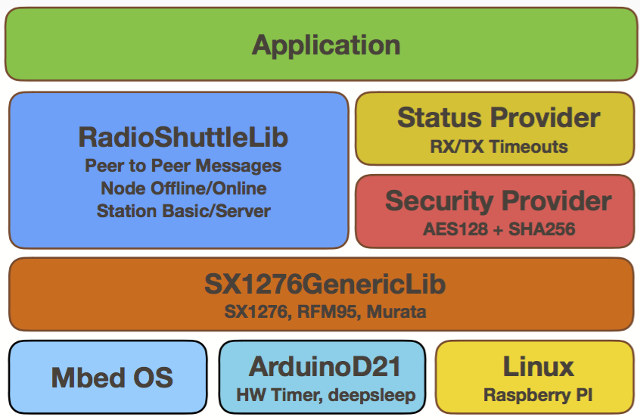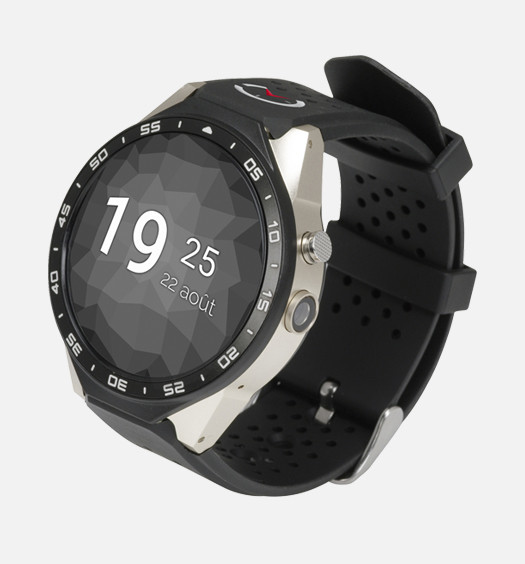I’ve already reviewed Sonoff B1 light bulb using the stock firmware combined eWelink app for Android, and as promised in the first part of the review, I’ve also tested the ESP8285 based WiFi light bulb with Sonoff-Tasmota open source firmware, and report my findings in this new post. Before we can play with the new firmware, we need to install it, and I’ve just explained how to upgrade Sonoff devices to Sonoff-Tasmota firmware either using some soldering skills and a USB to serial board, or some network configuration skills and perform an OTA update using ITEAD Studio/eWelink original firmware update mechanism. So for this part of the review, I’ll assume we have just freshly update the light bulb with Sonoff-Tasmota using the binary images released by the developer. First, you’ll need to find the IP address of the light bulb with your router or tools like nmap or arp, and […]
NVIDIA Unveils Open Source Hardware NVDLA Deep Learning Accelerator
NVIDIA is not exactly known for their commitment to open source projects, but to be fair things have improved since Linus Torvalds gave them the finger a few years ago, although they don’t seem to help much with Nouveau drivers, I’ve usually read positive feedback for Linux for their Nvidia Jetson boards. So this morning I was quite surprised to read the company had launched NVDLA (NVIDIA Deep Learning Accelerator), “free and open architecture that promotes a standard way to design deep learning inference accelerators” The project is based on Xavier hardware architecture designed for automotive products, is scalable from small to large systems, and is said to be a complete solution with Verilog and C-model for the chip, Linux drivers, test suites, kernel- and user-mode software, and software development tools all available on Github’s NVDLA account. The project is not released under a standard open source license like MIT, […]
MACCHIATOBin based DIY ARM Desktop, DragonBoard 820c based DIY ARM Laptop (Video)
2017 may be the year of the (ARM based) Linux desktop, sort of. We’ve already seen GIGABYTE ARM development PC powered by a Socionext SC2A11 Synquacer 24-core ARM Cortex A53 processor that will be available in December, and apparently working fairly well already. But there are even more options, as Bernhard Rosenkränzer (Bero) from the Linaro Mobile Group, and unofficial Linaro superstar, has decided to create his own ARM based desktop and laptop, based on respectively MACCHIATOBin board with a Marvell ARMADA 8040 quad core Cortex A72 processor, and DragonBoard 820c board with a Qualcomm Snapdragon 820 quad core Krait processor. Since MACCHIATOBin board complies with mini-ITX form factor, he could simply use off the shelf parts with a standard desktop case with power supply, NVIDIA or AMD Radeon graphics card, 16GB memory modules, and a 2 TB SSD drive. The AMD Radeon card fried due to overheating, so the […]
HeartyPatch is an Open Source Wireless ECG Patch Powered by ESP32 WiSoC (Crowdfunding)
Smart health gadgets will soon have a bigger part to play in our lives, especially for health monitoring. It mainly started with fitness trackers, but now we are starting to see connected devices such as blood pressure monitors, including the upcoming watch like Omron HeartVue, thermometer, scales, vital sign monitoring systems, certified medical SBC‘s to allow engineers to developer their own medical applications, and even open source surgical robots. HeartPatch is one of those medical board that specifically aims at measuring ECG data, and sent it over Bluetooth or WiFi thanks to Espressif ESP32 WiSoC. HeartPatch specifications: SoC – Espressif Systems ESP32 dual core Tensilica LX6 processor with Wi-Fi/Bluetooth ECG Chip – Maxim MAX30003 analog front-end USB – 1x micro USB connector for programming, data, power, and battery charging Debugging – USB-UART bridge based on CP2104 Misc – Onboard Snap-on Buttons for disposable electrode pads, RGB LED, Battery – 450 […]
LimeSDR Mini is a $135 Open Source Hardware, Full Duplex USB SDR Board (Crowdfunding)
LimeSDR open source hardware software defined radio was launched last year with the promise of integration with Ubuntu Snap Store allowing to easily download and install various radio implementations such as LTE, WiFi, Bluetooth, LoRa, etc… It was offered for $200 and up as part of a crowdfunding campaign, but Lime Microsystems is back on CrowdSupply with a cheaper and low end version aptly called LimeSDR Mini.LimeSDR mini specifications: FPGA – Intel Altera Max 10 (10M16SAU169C8G) with 16K Logic gates, 549 KB M9K memory, 2,368 KB user flash memory Storage – 4 MB flash memory for data; 2x128KB EEPROM for RF transceiver MCU firmware and data RF Lime Microsystems LMS7002M RF transceiver Tx & Rx SMA connectors Frequency range – 10 MHz to 3.5 GHz RF bandwidth – 30.72 Mhz Sample Rate – 30.72 MSps with 12-bit sample depth Power Output (CW): up to 10 dBm USB – 1x USB […]
Linux 4.9 Kernel Source Code Released for Phoenix OS Android Desktop Operating System
Phoenix OS is one of the last options left for people wanting to run Android with desktop optimizations on their computer. The problem is that so far, it was fully closed source, and the company refused to comply with the Linux kernel’s GPLv2 license, despite part of the project being based on Android-x86 work. The community also wanted to get involved to improve hardware compatibility with graphics cards, wireless modules / dongles, and other peripherals. However, without source code, nothing could be done, and a petition was launched on Change.org asking Chaozhuo, the company behind the project, to release the Linux kernel code. After over 300 signatures was reached in the petition, the company did push Linux 4.9.24 to Github, and after verifying there was indeed some changes compared to Android x86 kernel, the community declared victory. They are however trying to make the company develop the kernel in the […]
RadioShuttle Network Protocol is an Efficient, Fast & Secure Alternative to LoRaWAN Protocol
LoRaWAN protocol is one of the most popular LPWAN standards used for the Internet of Things today, but some people found it “lacked efficiency, did not support direct node-to-node communication, and was too costly and far too complicated for many applications”, so they developed their own LoRa wireless protocol software called RadioShuttle, which they claim is “capable of efficiently sending messages in a fast and secure way between simple LoRa modules”. Some of the key features of the protocol include: Support for secure or insecure (less time/energy) message transmission, multiple messages transmission in parallel Unique 32-bit device ID (device number) per LoRa member, unique 16-bit app ID (program number for the communication) Security – Login with SHA-256 encrypt password; AES-128 message encryption Air Traffic Control – Nodes only send if no LoRa signal is active on that channel. Optimized protocol – Message delivery within 110 ms (SF7, 125 kHz, free […]
Connect Watch Runs AsteroidOS Open Source Operating System (Crowdfunding)
At the beginning of last year, we discovered AsteroidOS (hobby) project aiming to provide a Linux based open source operating system working on some Android Wear smartwatches. At the time the OS relied on Android drivers working with libhybris, Qt5/QML for apps, and only supported LG G Watch. Since then, Florent Revest has continued development, with more watches being supported from Samsung, Asus, and other brands, and a French startup has decided to design and bring to market Connect Watch running AsteroidOS. Connect Watch specifications: SoC- Mediatek quad core processeur @ up to 1.39GHz MTK System Memory – 512MB or 1GB RAM Storage – 4 or 8GB flash Display – 1.39″ round Amoled display with 400×400 resolution Audio – Built-in speaker Connectivity Bluetooth Optional GSM ( 850/900/1800/1900MHz) and 3G WCDMA (850/2100MHz) support with nano SIM card slot GPS Camera – 2.0 MP; records to 720p Sensors – Heart rate monitor […]


